The Dark Side of Protein Powders: A Study Reveals Lead Contamination, But Don't Panic Just Yet
As a fitness enthusiast and avid consumer of protein powders, Sarah Johnson was shocked to learn that her favorite supplement might be poisoning her. The 32-year-old marketing manager had been using the popular brand, Optimum Nutrition, for months to fuel her intense workout routine. But when she read about a recent study finding lead in many popular protein powder brands, including hers, she felt a wave of anxiety wash over her.
"I was like, 'Oh no, what have I been putting in my body?'" Johnson recalls. "I thought about all the times I'd taken that scoop and mixed it with water, not thinking twice about what was really going into my system."
The study, conducted by Consumer Reports, a nonprofit organization known for its rigorous testing and research, found lead in 23 out of 24 protein powder brands tested. The results were alarming: more than two-thirds of the products contained levels of lead that exceeded safe consumption limits.
But before you toss your protein powder stash in the trash, it's essential to understand the context behind this study. Lead contamination is a widespread issue affecting many food and supplement categories, not just protein powders. In fact, Consumer Reports has been tracking lead levels in various products for years, including baby food, spices, and even some types of candy.
So, what does this mean for consumers like Sarah Johnson? Should they be concerned about the safety of their protein powder supplements?
To answer that question, we need to look at the bigger picture. The protein supplement market has grown exponentially in recent years, with sales projected to reach $24 billion by 2025. This growth has led to increased competition and a proliferation of new brands and products on the market.
However, as the demand for protein powders continues to rise, so do concerns about quality control and regulatory oversight. The study's findings highlight the need for stricter regulations and more robust testing protocols in the industry.
"We're not saying that all protein powder is bad or that consumers should avoid them altogether," says Paris Martineau, a Consumer Reports reporter who worked on the study. "But we are saying that there needs to be greater transparency and accountability from manufacturers about what's going into their products."
Martineau notes that some brands are already taking steps to address lead contamination concerns. For example, Optimum Nutrition, the brand used by Sarah Johnson, has issued a statement assuring customers that it is committed to providing safe and high-quality products.
But what about consumers who have already been exposed to potentially contaminated protein powders? Should they be worried about long-term health effects?
According to Dr. Leonardo Trasande, an environmental health expert at New York University's School of Medicine, the risks associated with lead exposure from protein powder are still unclear. "While we know that high levels of lead can cause serious health problems, including developmental delays and cognitive impairment, the impact of low-level exposure is less well understood," he explains.
Trasande recommends that consumers take a cautious approach: if you're concerned about lead contamination in your protein powder, consider switching to a brand with lower levels or opting for alternative sources of protein like whole foods or plant-based options.
As for Sarah Johnson, she's decided to err on the side of caution. "I'm going to switch to a different brand and be more mindful of what I'm putting in my body," she says. "But I'm not panicking just yet."
The study's findings serve as a wake-up call for the protein supplement industry, highlighting the need for greater transparency, accountability, and regulatory oversight. As consumers, we must remain vigilant and demand better from manufacturers.
In conclusion, while lead contamination in protein powders is a serious concern, it's not necessarily cause for panic. By understanding the context behind this study and taking a cautious approach, consumers can make informed choices about their supplement use.
As Martineau notes, "The key takeaway here is that moderation is key. If you're concerned about lead contamination, don't toss your protein powder stash just yet. Instead, take a closer look at what's in your product and consider alternatives."
Market Analysis
The global protein supplement market is projected to reach $24 billion by 2025.
The study's findings highlight the need for stricter regulations and more robust testing protocols in the industry.
Some brands are already taking steps to address lead contamination concerns, while others may face reputational damage or even lawsuits.
Economic Impact
The study's findings could lead to increased costs for manufacturers as they implement new testing protocols and quality control measures.
Consumers may be deterred from purchasing protein powders due to concerns about lead contamination, potentially impacting sales and revenue for the industry.
Practical Business Insights
Manufacturers must prioritize transparency and accountability in their products and supply chains.
Brands that fail to address lead contamination concerns may face reputational damage or even lawsuits.
Consumers should remain vigilant and demand better from manufacturers, opting for alternative sources of protein when possible.
*Based on reporting by Npr.*
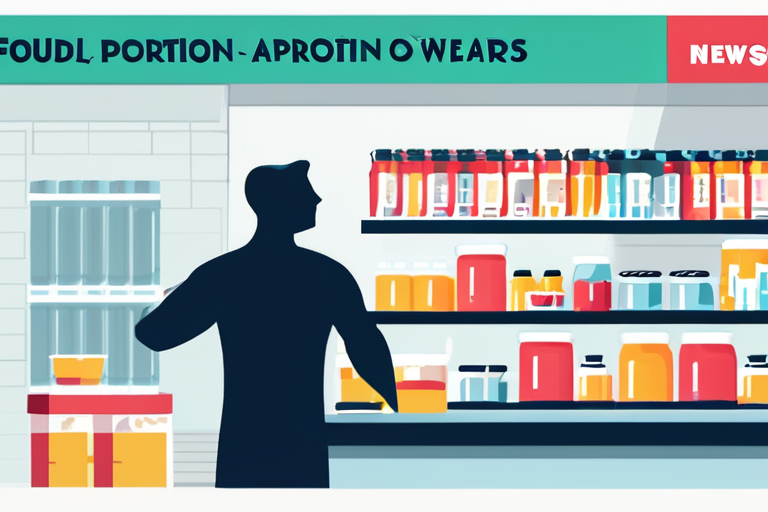

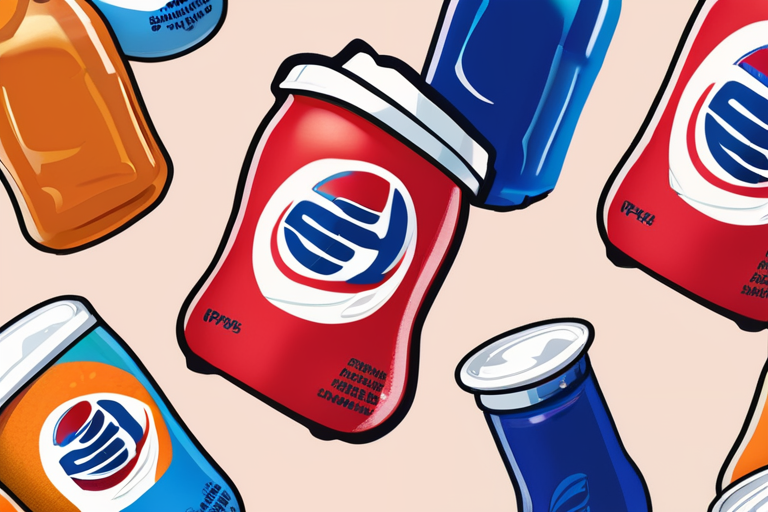
 Hoppi
Hoppi
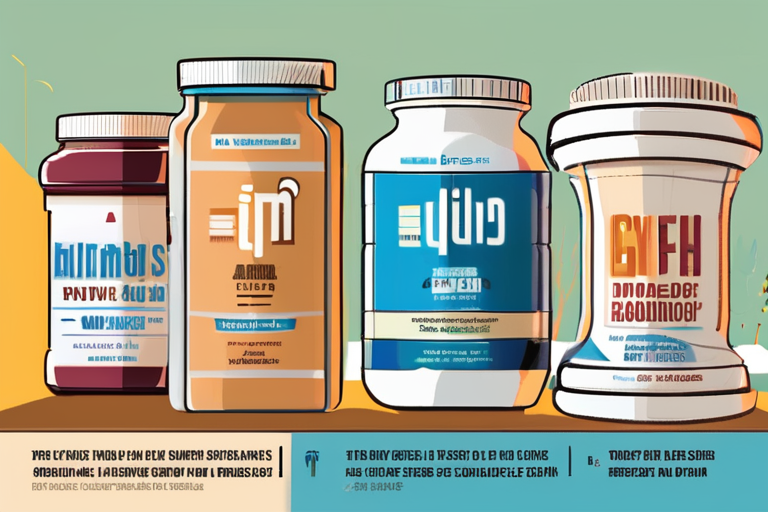
 Hoppi
Hoppi
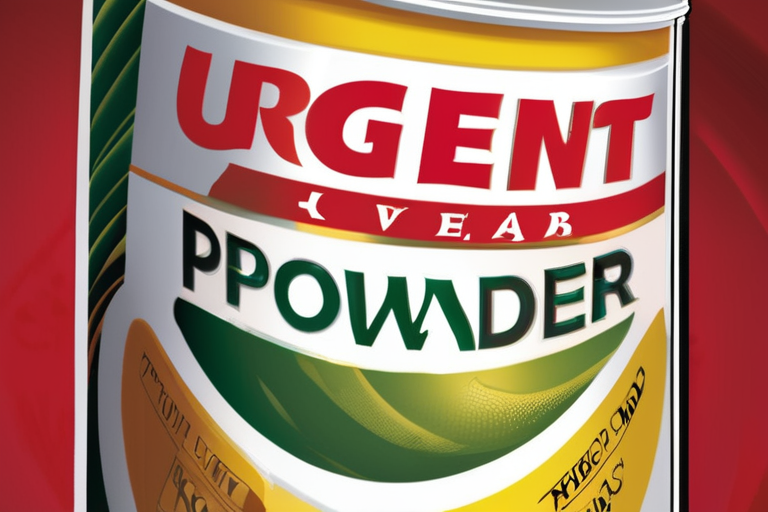
 Hoppi
Hoppi
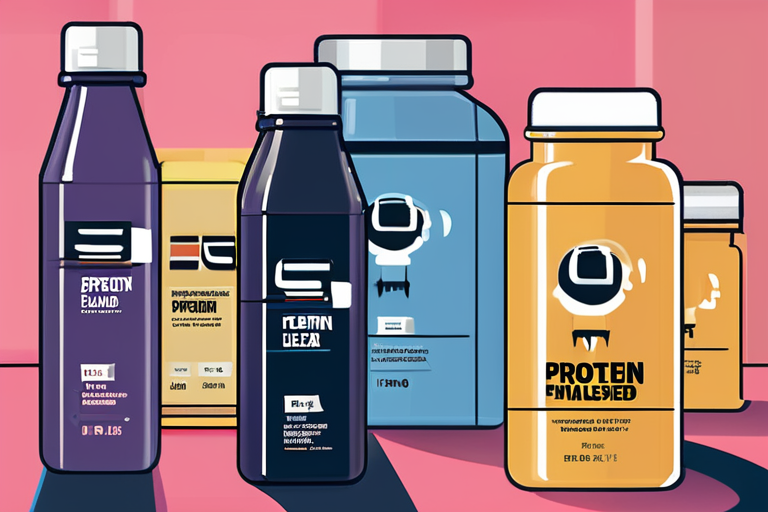
 Hoppi
Hoppi
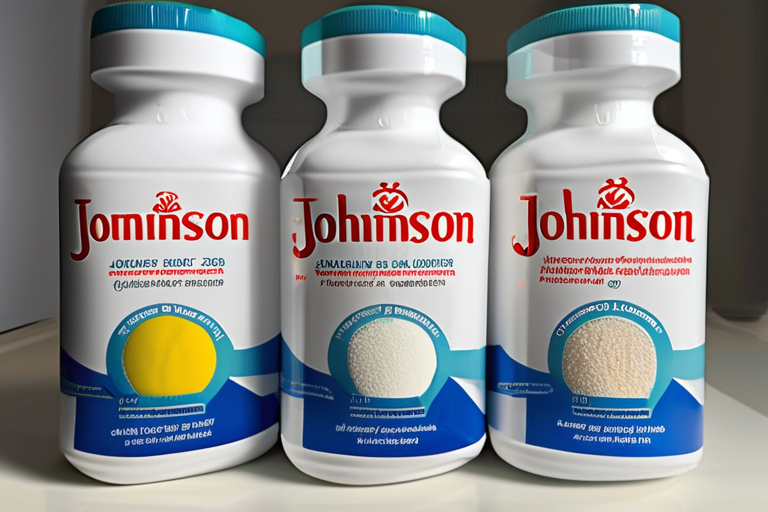
 Hoppi
Hoppi

 Hoppi
Hoppi











